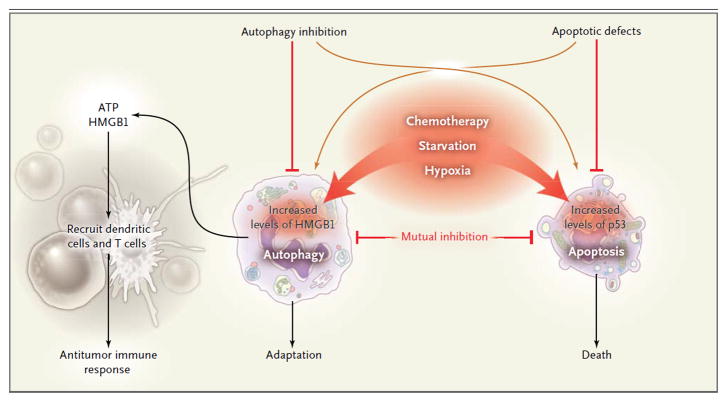Figure 1. Tumor Cell Autophagy and Immunity.
The induction of autophagy in cancer cells by chemotherapy can lead to induction of immunity in transplantable tumors. Heightened autophagy in tumor cells can be induced by chemotherapy, radiation therapy, or other cell stressors, including hypoxia and nutrient starvation. Autophagy involves the sequestration of intracellular contents, which are degraded after transport and fusion with a lysosome to release amino acids, nucleotides, adenosine triphosphate (ATP), and lipids that are important for anabolism and survival. The release of ATP into the extracellular milieu recruits dendritic cells, as well as CD4+ and CD8+ T-cells, resulting in antitumor immunity. Pharmacological induction of autophagy or ATP release in tumor cells during the initiation of the immune response could promote effective antitumor immunity. HMGB1 denotes high-mobility group box 1.

